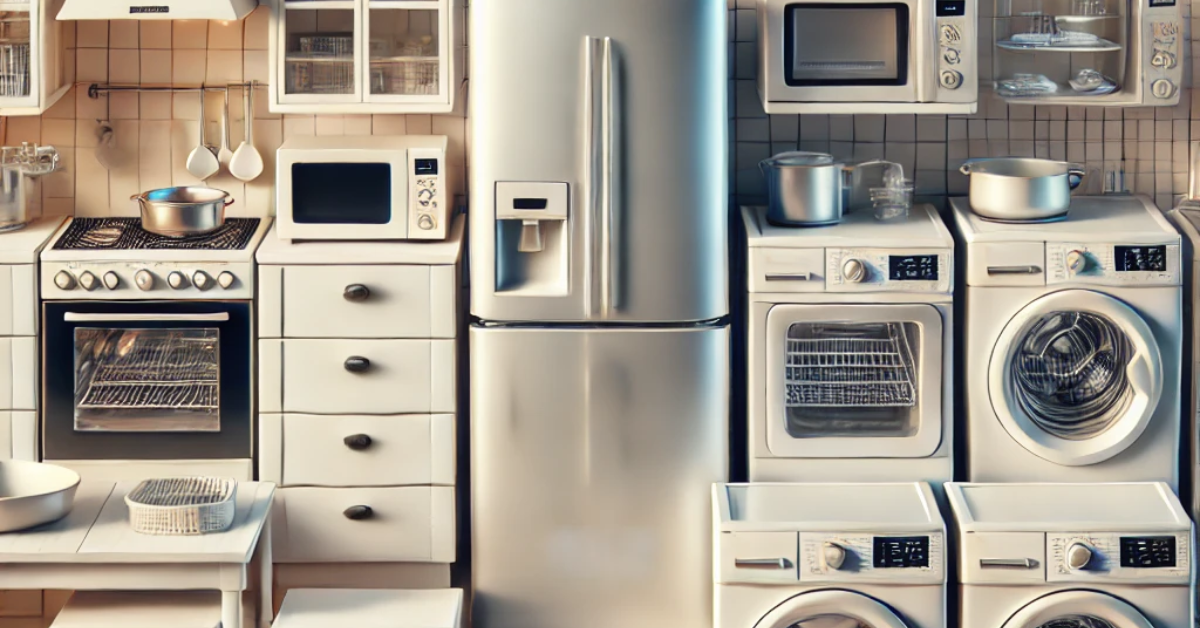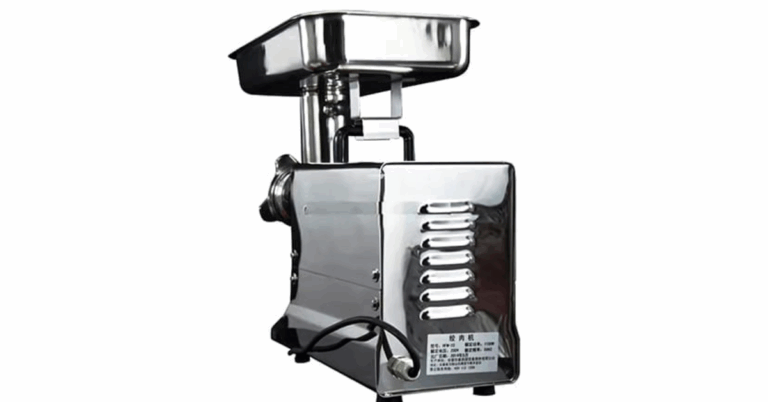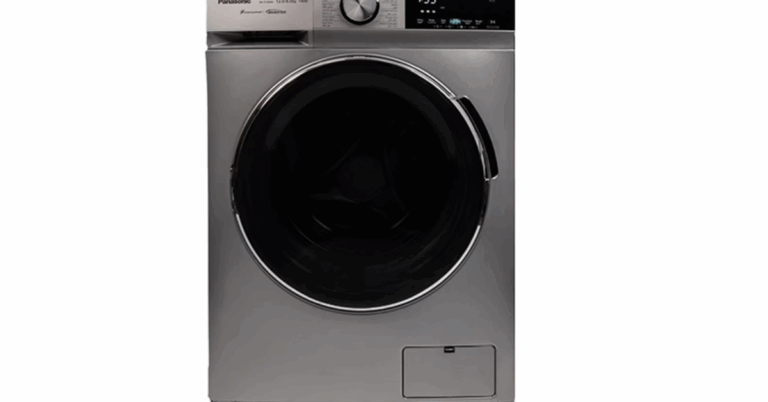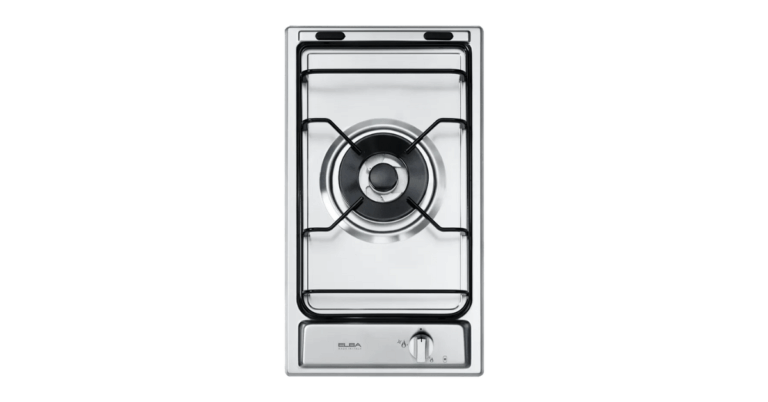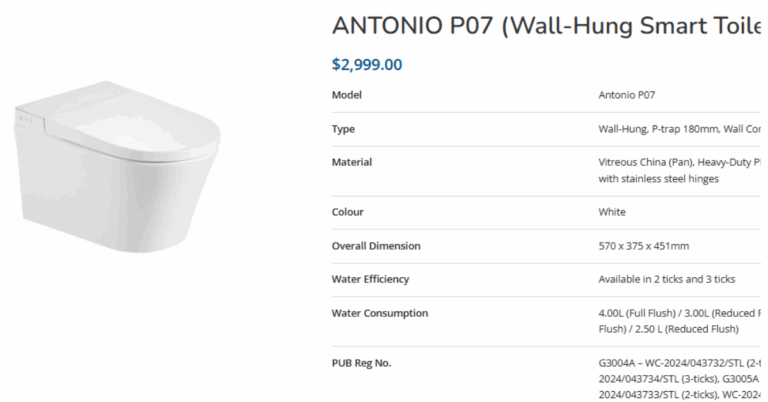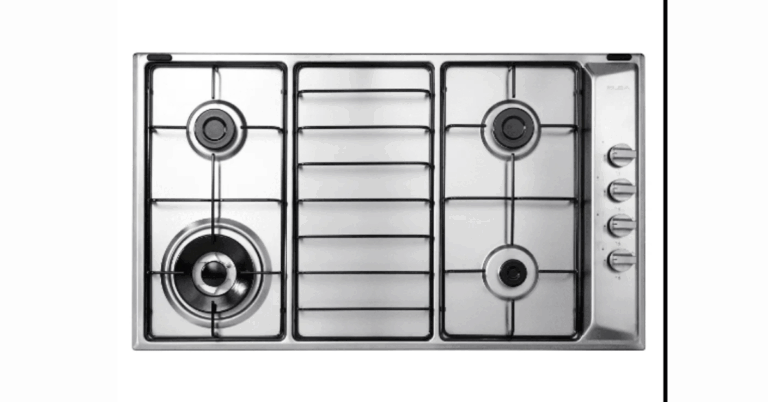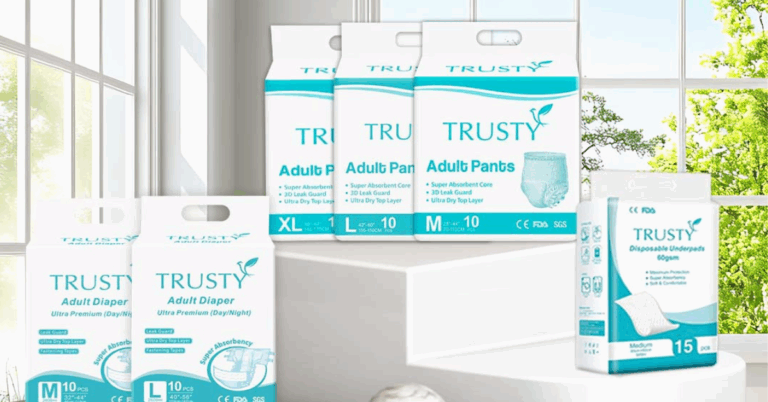60Hz Machines for Marine Use: Essential Solutions for Reliable Performance at Sea
In the maritime industry, equipment compatibility with onboard power systems is crucial for efficiency, safety, and seamless operation. One of the key factors influencing the performance of onboard electrical appliances is frequency. While 50Hz is common in many parts of the world, 60hz Machines are widely used in marine environments, particularly for vessels built or operated under American standards or those designed for international compatibility. This frequency-specific equipment ensures that machines perform optimally without the risk of malfunction or inefficiency.
Why 60Hz Matters on Marine Vessels
Electrical systems on ships are designed around a specific frequency, typically either 50Hz or 60Hz, based on regional standards and equipment origin. A mismatch in frequency can result in reduced efficiency, overheating, and long-term damage to the machines. 60Hz machines are engineered to operate at that specific frequency and voltage (often 220V, 380V, or 440V), which ensures maximum performance and reliability.
When deployed in the marine setting—where consistent power, durability, and space efficiency are non-negotiable—60Hz machines deliver unmatched reliability and efficiency across various applications.
Common 60Hz Equipment Used in Marine Environments
1. Washing Machines and Dryers
60Hz laundry machines are indispensable in ensuring continuous and hygienic linen care on ships. They are built for durability, with anti-vibration features and robust cycles to handle the constant motion and demand of life at sea.
2. Refrigeration Units
From under-counter refrigerators to walk-in coolers and freezers, 60Hz refrigeration machines ensure optimal temperature control—critical for food safety and preservation over long voyages.
3. Galley Equipment
Galley appliances such as ovens, fryers, mixers, and coffee machines tailored for 60Hz operation ensure that cooking is fast, consistent, and energy-efficient. Marine-grade variants are also shockproof, compact, and corrosion-resistant.
4. Air Conditioning Systems
Floor-standing and ceiling-mounted AC units running on 60Hz provide comfort for passengers and crew in all climate conditions. They are specially designed for low-noise and high-efficiency cooling, even in areas with fluctuating voltage.
5. Pressure Washers
High-pressure cleaning machines operating at 60Hz are essential for deck maintenance, hull cleaning, and machinery upkeep. They’re powerful enough to tackle salt build-up and rust without damaging surfaces.
Advantages of Using 60Hz Machines on Ships
-
Optimized Performance: These machines are designed to run efficiently on 60Hz power supplies, delivering peak operational capability.
-
Longevity: Matching equipment to the ship’s power frequency reduces strain on motors and electronics, leading to longer life spans.
-
Reduced Maintenance: Properly matched systems experience fewer breakdowns, reducing maintenance frequency and costs.
-
Improved Safety: Correct frequency use minimizes electrical faults, ensuring greater operational safety onboard.
-
Global Compatibility: Many vessels operate internationally and must align with 60Hz infrastructure, especially when docked at ports using the same standard.
Considerations When Choosing 60Hz Marine Equipment
-
Power Source Compatibility: Ensure the vessel’s electrical system supports 60Hz before installation.
-
Voltage Rating: Check if the machine operates on 220V, 380V, or 440V to match ship power configurations.
-
Build Quality: Opt for marine-rated machines—those with anti-corrosion materials, sealed motors, and vibration-resistant designs.
-
Size and Mounting: Marine spaces are limited, so equipment should be compact and mountable or built-in.
-
Energy Efficiency: Choose models that meet energy efficiency standards to reduce fuel usage and environmental impact.
Maintenance Tips for 60Hz Machines at Sea
-
Routine Inspections: Regular checks help detect early signs of wear and tear or electrical issues.
-
Proper Cleaning: Saltwater exposure can corrode parts; cleaning equipment regularly ensures longevity.
-
Voltage Stabilizers: These protect equipment from power surges and fluctuations common in marine environments.
-
Spare Parts Inventory: Keep essential parts on board to minimize downtime in case of failure.
Conclusion
60Hz machines are essential components of modern marine operations, offering dependable, high-performance solutions tailored for life at sea. From laundry and refrigeration to air conditioning and galley appliances, every piece of 60Hz equipment plays a pivotal role in maintaining onboard efficiency, safety, and comfort. Investing in the right frequency-compatible machinery ensures smooth sailing and optimal functionality across global waters.

